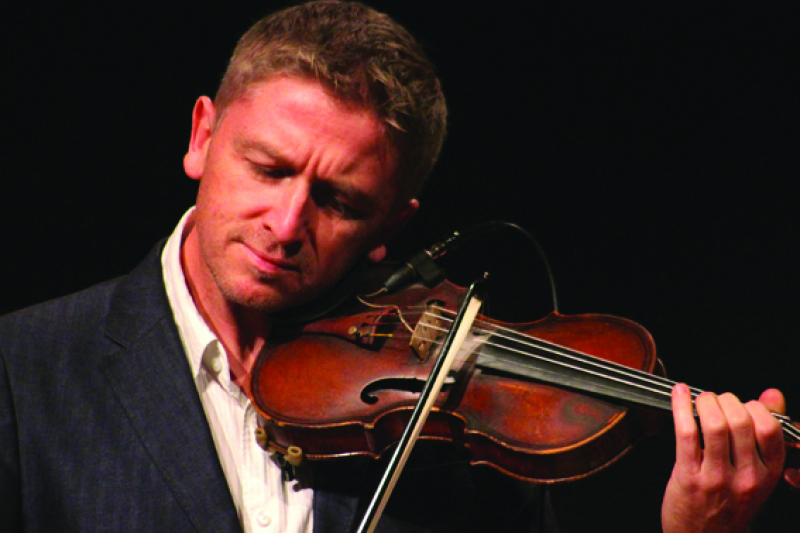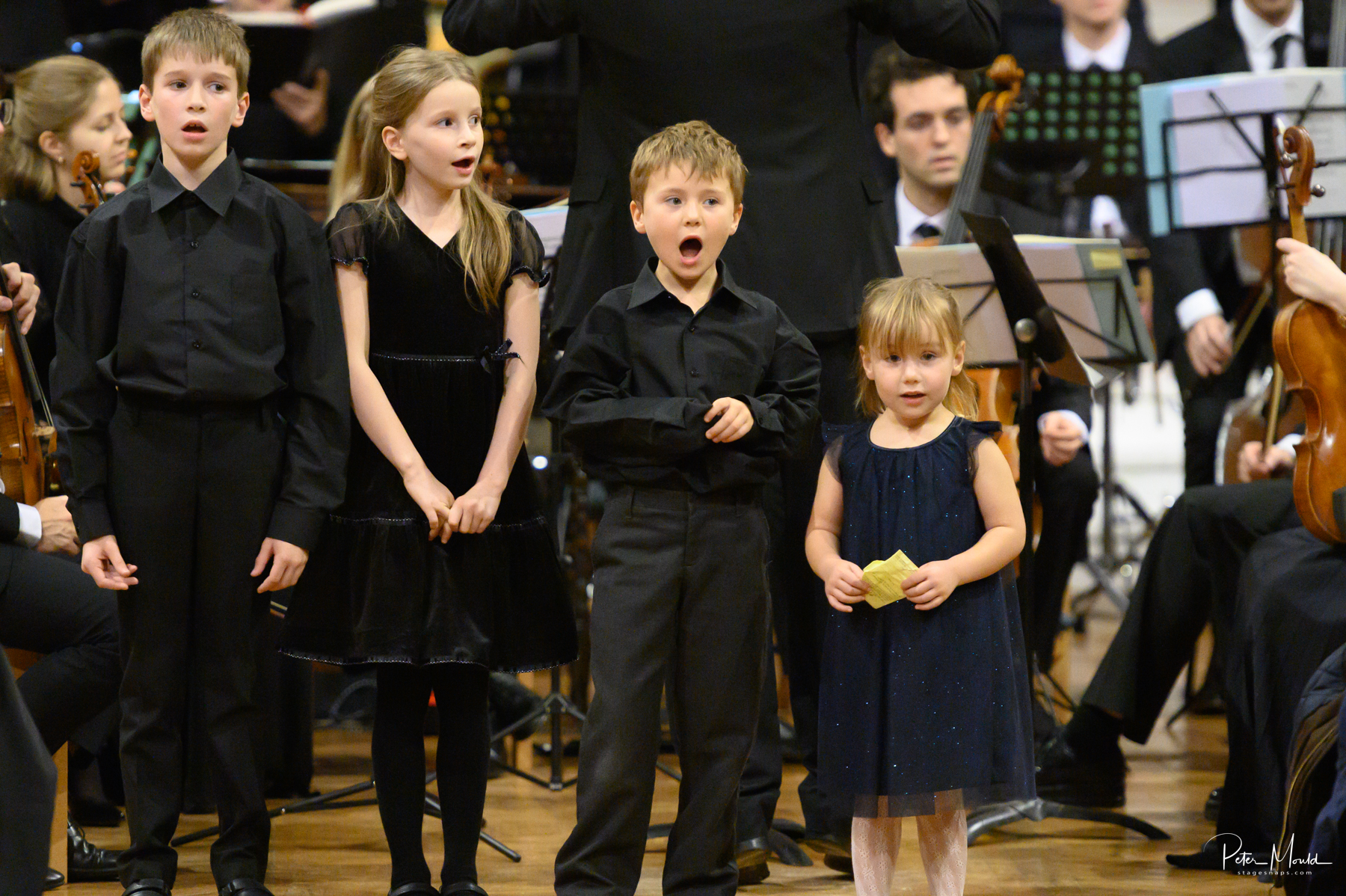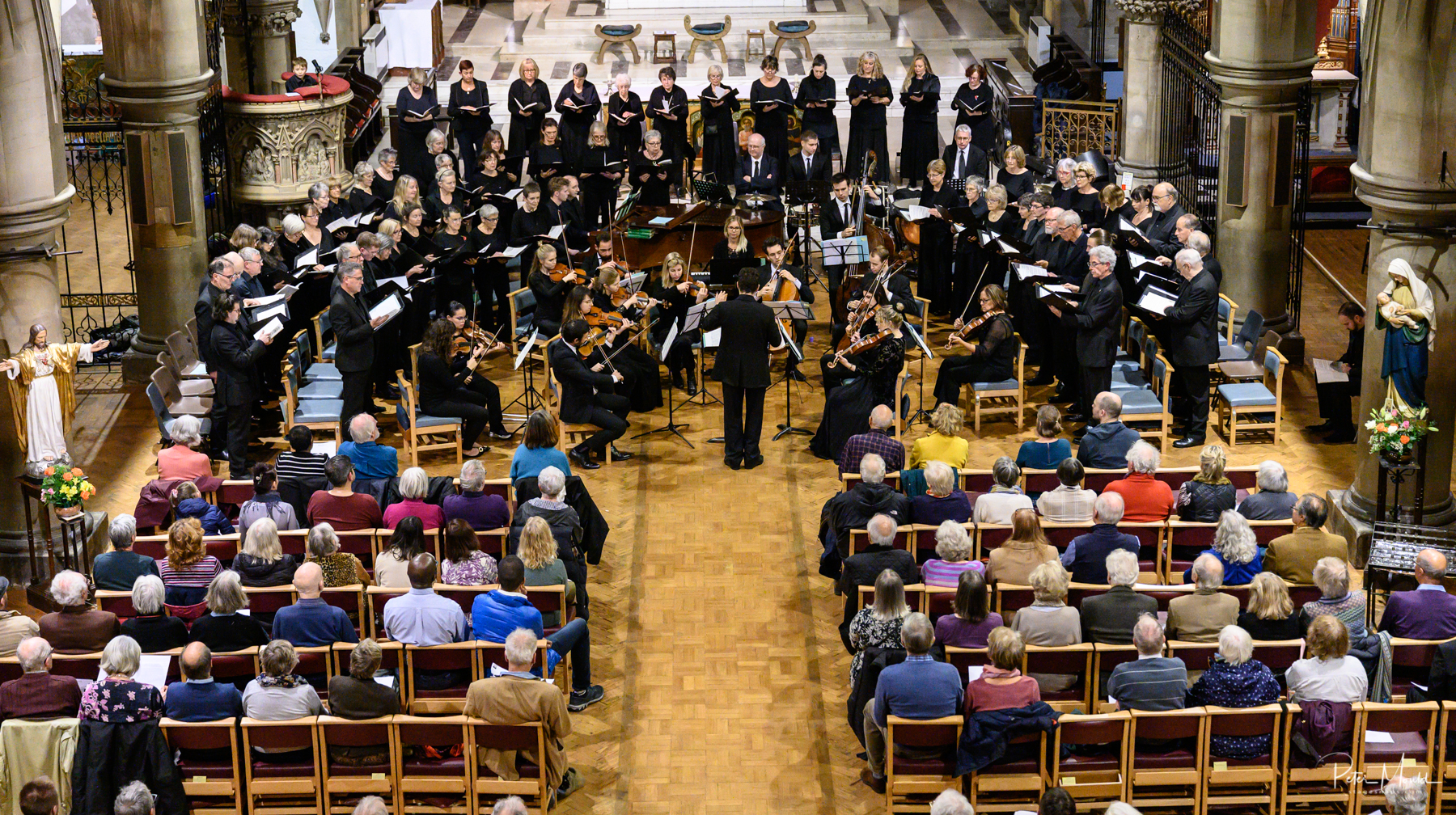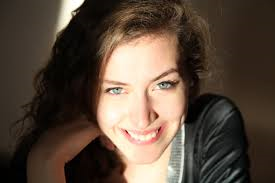The Brighton Phil’s 2019/20 exciting season opener at Brighton Dome on Sunday 10th November showcases the violin in its many guises and blurs the boundaries of classical, tango, jazz and gypsy folk music. We are delighted to welcome violinist Christian Garrick and friends (from his Budapest Café Orchestra and the Christian Garrick Quartet) for what promises to be a memorable collaboration with the Brighton Philharmonic Strings.
Christian Garrick is no stranger to Brighton audiences as he performed Astor Piazzolla’s brilliant and evocative re-working of Vivaldi’s Four Seasons at Brighton Dome with the Brighton Phil under Barry Wordsworth in 2006. He is very excited to be performing it again, alongside Piazzolla’s sultry Libertango, one of the composer’s most performed works with a fiendishly familiar melody full of the spicy rhythms of his native Argentina.
Christian is an improvising violinist, composer and bandleader, who is professor of jazz and non-classical violin at three of London’s major music conservatoires, and has made a huge name for himself as a self-styled “Violin Operator”. He is joined on stage by David Gordon on the piano and melodica, Richard Pryce on double bass, Tom Hooper on drums and percussion, Eddie Hession on button accordion, and Adrian Zolotuhin on guitar, saz and domra.
The great jazz saxophonist and composer Sir John Dankworth wrote his bluesy jazz Violin Concerto for Christian in 2005, a rhythmic and expansive piece that bounds along in the spirit of Gershwin’s great jazz orchestral works, centred on the solo violin and a classic piano-bass-drums jazz trio. Christian writes:
“John Dankworth was a guiding figure from an early point in my life. Dad was pianist with Cleo Laine and John for a while in the 1970’s and I went on many of their Wavendon music courses over the years, during which time, John introduced me (aged 10) to a young Nigel Kennedy (25) which ensued in an unforgettable all-out fiddle jazz duel! Latterly I’ve performed and recorded numerously with the Dankworths so I was honoured that John wrote his concerto with me in mind right after he’d finished one for clarinet for Emma Johnson.”
Another treat will be an orchestral suite of Anne Dudley’s Poldark score. Christian has been playing the solo violin parts for the BBC’s Poldark since the series began in 2015. Oscar-winning composer Anne Dudley scored the beautiful theme tune for Christian to play while the opening and closing credits roll.
The concert will also feature original pieces composed by Christian and a helping of folk-gypsy hijinks from members of the Budapest Café Orchestra, some of whom will be joining us fresh from their 10th anniversary tour.
Tickets from £14.50-£42.50 (50% discount for students/Under 18s) are available from Brighton Dome Ticket Office in Church Street, (01273) 709709 and online: www.brightondome.org
Discounted parking for Brighton Phil concert attendees can be found in NCP Church Street Car Park, a couple of minutes’ walk from the Dome, costing just £6 between 1pm & 6pm.
The Brighton Phil’s next concert, on Sunday 1st December, presents a cornucopia of classics, conducted by Natalie Murray-Beale and featuring Thomas Gould (violin) performing Vaughan Williams’ evocative The Lark Ascending.




